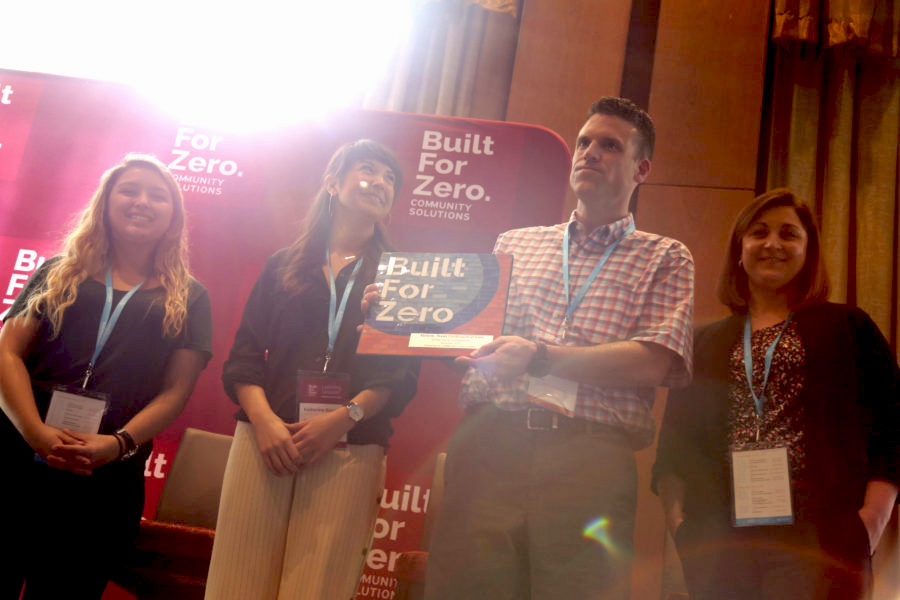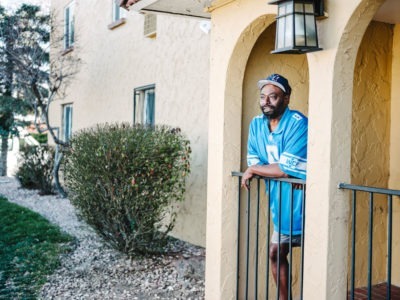What would it take to end homelessness — to make it an experience that rarely happens, and when it does, is quickly resolved with the right help so that it doesn’t happen again? Built for Zero communities like Abilene, Texas have made a commitment to ensuring that homelessness is a brief experience when it occurs for any veteran in their city — and never a sustained or defining part of someone’s life.
“Abilene is a very caring and committed community to serving the people who live there and making sure everyone is taken care of,” says Tiffany Hart, the Systems Change Coordinator at Texas Homeless Network. “That’s not something we see everywhere.”
Hear more from the leaders about how Abilene used the power of collaboration to end veteran homelessness in just 10 months.
A fragmented system
In many communities, there is no single agency or organization accountable for ending homelessness. Abilene was like many communities where resources, efforts, and insight into the nature of homelessness were siloed across many agencies.
“People were operating and doing their programs, but very much alone,” says Michelle Parrish, the grants director at the Community Foundation of Abilene.
That all changed when Abilene embarked on an ambitious Mayor’s Challenge to house 50 people in 100 days. The various organizations all rallied around this shared goal, meeting weekly to build accountability. At the end of the spring, they had exceeded their goal, housing 64 people.
They were content, but they were not satisfied. They set out to accomplish a bigger goal: to end veteran homelessness.
From program outcome to system outcome
With the help of their Built for Zero improvement advisor, the Abilene team developed a command center and brought the group together every other week. This command center included local service providers, the VA, and funders, all organized by the West Texas Homeless Network, the local homeless coalition.
In these meetings, the team reported on how many veterans were actively experiencing homelessness and what actions they had taken to resolve homelessness for specific people. They went through their shared list of veterans experiencing homelessness name by name, coming up with a plan for each person experiencing homelessness.
Working together, they improved their outreach to local landlords to expand housing access for people experiencing homelessness and piloted a new diversion script to use on their local 211 helpline, which would better assess if callers needed to enter into the homelessness system or if there were other resources that could help them. In late 2018, they took on another 100-day challenge to get them over the finish line for ending veteran homelessness.
This approach worked: Abilene achieved an end to veteran homelessness and has sustained this progress.
“It’s different now: the relationships between our providers, our local homeless coalition, our 211 director,” says Parrish. “We really have ownership over our problem, our community. It wasn’t like that before.”
The shared accountability created through the command center “keeps people coming back,” says John Meier, a program manager at the West Central Texas Regional Foundation. “The focus is continuously on the new goal put out in front of us and we’re always looking at ways to meet that goal and improve our systems.”
Despite these incredible achievements, the team realized they weren’t yet satisfied either. Now, they are working to end chronic homelessness.





